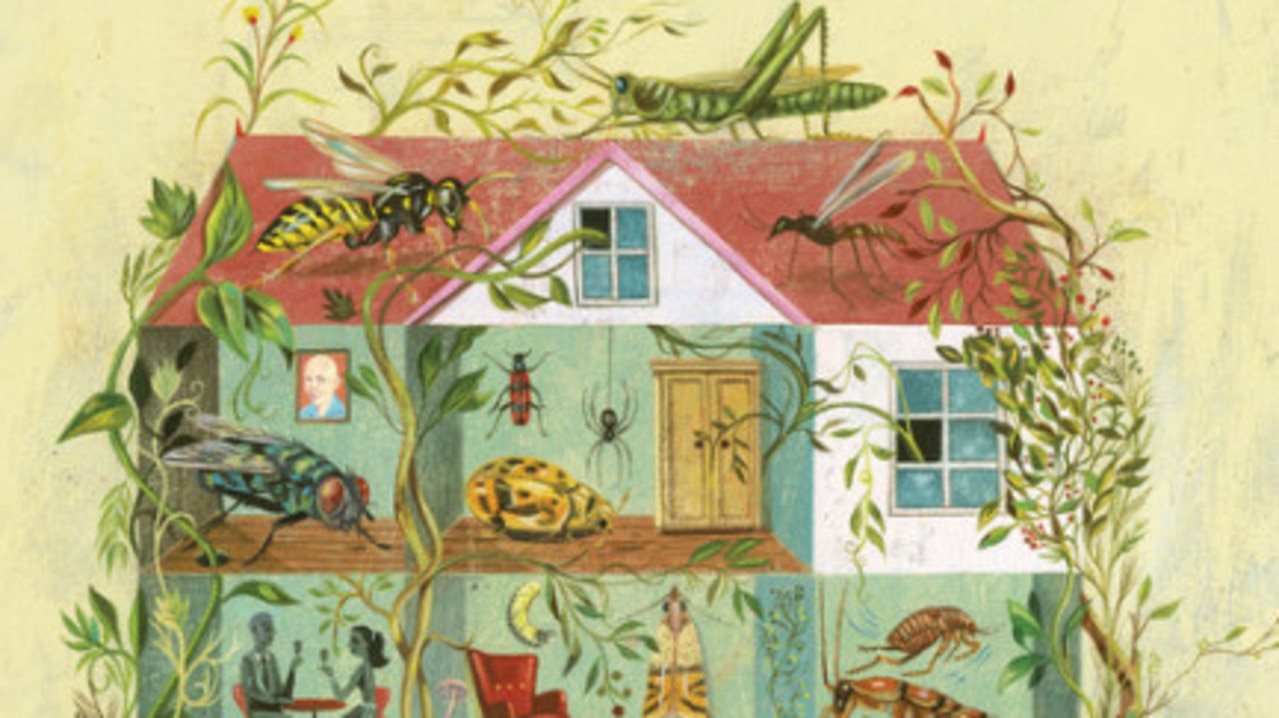Hepatitis A watch on children in all states
THOUSANDS of children are being watched for symptoms of hepatitis A after exposure to frozen berries as the outbreak worsened.
THOUSANDS of children are being watched for symptoms of hepatitis A after exposure to frozen berries as the disease outbreak worsened and farmers warned other fruit and vegetable imports may be unsafe.
The number of hepatitis A cases rose to 13 across four states yesterday, as schools, childcare centres and hospitals scrambled to discover how many children and patients had been fed the suspect Chinese berries.
It emerged that thousands of children at 34 schools in Victoria, nine schools and childcare centres in South Australia, and three Queensland schools, had eaten the suspect Nanna’s or Patties’ branded berries and are being monitored for hepatitis A.
With an incubation period of up to seven weeks, authorities are bracing for more cases and the federal Department of Health has taken control of the national response to the crisis, establishing a national incident room in Canberra yesterday.
But government officials and ministers were unable or unwilling to say how many consumers may have bought the popular berry products.
And the government faced growing demands for an immediate change to its food-import inspection regime, which classified frozen berries as low risk despite being linked to hepatitis A outbreaks across the world in recent years.
Senior ministers, including Tony Abbott, expressed a willingness to consider changes to import testing in light of the scare, but the Prime Minister warned against inflating the price of imports by imposing too heavy a regulatory burden.
Federal agencies moved belatedly last night to review the low-risk status given to testing of frozen berry imports. But no immediate changes had been made to import screening, bringing fresh condemnation from domestic growers and claims that consumers were being exposed to ongoing risks.
Farming groups said all fruit and vegetable imports were at risk of contamination because they were all subject to the same low-risk-based testing regime as berries.
AUSVEG deputy chief executive Andrew White said the government must review its entire classification for imported foods and immediately shift fruit and vegetables from low-risk “surveillance” status to “risk” status.
“Fruit and vegetable imports should be considered a risk food — they should be scrutinised much more heavily and there needs to be equivalency in the kinds of tests that are done domestically versus those done at the border,” Mr White said.
He warned that imported fruit and vegetable products that could be eaten uncooked, such as carrots and broccoli, were especially dangerous if washed in contaminated water and not tested at the border.
“So there should be microbiological testing done on products that are coming into Australia — just as they are done on Australian fruit and vegetable products,” Mr White said.
“(Australian) growers provide regular samples and have regular audits done on farm.’’
Mr White rejected comments from government officials that it was “problematic” to test for hepatitis A.
“If you find E. coli, that’s evidence of potential faecal contamination, which indicates there may be hepatitis A, so it’s a bit of a cop-out to suggest there’s no test available,” he said.
Australian Competition and Consumer Commission chief Rod Sims will today issue a stern warning to companies to ensure the products they import meet local product safety guidelines or face court action.
“Suppliers need to manage the quality assurance of the goods they procure,’’ Mr Sims will tell the Committee for Economic Development of Australia in Sydney.
He told The Australian yesterday “if companies want to import inexpensive goods they need to check they are safe’’.
“Consumers are entitled to expect that every manufacturer, importer, distributor and retailer in Australia adheres to appropriate levels of product stewardship,” he will tell CEDA.
The Prime Minister shifted the focus to companies.
“The bottom line is that companies shouldn’t be poisoning their customers,” he said. “We want safe products but we want safe products at a fair price. It’s got to be a careful balancing act.”
Fruit and vegetable imports, including frozen berries, as a “surveillance food”, are tested only for chemical residues and labelling and packaging requirements; not for organisms dangerous to human health.
Last night, a Health Department spokeswoman said that the government had now asked Food Standards Australia New Zealand to “provide advice on the risk from frozen berries”. “Federal agencies are working with state and territory governments on the investigation into this issue — further action will be determined during the course of this consultation,” the spokeswoman said.
The Agriculture Department was “engaging” with the Chinese government and “seeking assurances about the safety of further shipments of frozen berries exported from China”.
SA Health Chief Medical Officer Paddy Phillips said children were often highly at risk from hepatitis A but should only be tested if they showed symptoms.
“If you do get symptoms of fever, abdominal pain, generally feeling unwell, dark tea-coloured urine or yellowing of the skin or eyes, then you should be tested,” Professor Phillips said.
Consumption of the Patties’ Creative Gourmet Mixed Berries 300g and 500g packs and the 1kg pack of Nanna’s frozen raspberries, which were mixed in China from Chinese and other foreign fruit, has been linked to the scare.
Additional reporting: Verity Edwards, Rick Wallace, Michael McKenna, John Durie and AAP


